According to Mike Kuiken, former national security adviser to US Senate leader Chuck Schumer, the security of the US supply chain is at great risk.
The future of the US semiconductor industry may depend on the outcome of an investigation by the Office of the US Trade Representative (USTR) and the US Department of Commerce into China's ambitions to dominate the sector.
The numbers make the problem clear: China now accounts for nearly 40% of global chipmaking capacity – a trend that could lead to absolute dominance by the end of the decade. But the issue is overshadowed by the “flashy” race in AI.

Contrary to the name “old chips” or “old chips”, platform chips – those manufactured on 28 nm process or larger – are actually indispensable components.
They are present in almost every electronic device, from power switches to telecommunications networks to military weapons.
For the Pentagon, this is a serious strategic weakness. If advanced chips are the “brains” of modern military systems, then platform chips are the “punch” of weapons on the battlefield.
The F-16, Patriot, and Javelin all rely on these chips. Losing control of the supply chain for these chips means losing control of the US arsenal.
Indeed, this threat is already present on the battlefield in Ukraine, where Chinese semiconductor components have been found in Russian drones, missiles, and tanks.
China currently accounts for about 90% of the "dual-use" goods that Russia imports, including many chips for military purposes.

Meanwhile, the US has focused on advanced chips. The CHIPS and Science Act helped kick-start US domestic manufacturing capacity, but of the $39 billion in subsidies, $28 billion went to advanced chips, while the remaining small amount went to foundational chips.
With massive backing from the Chinese government , the free market is not enough for the US to compete.
Investigations by the Commerce Department and USTR thus become crucial, aiming to determine whether Beijing's policies violate trade or threaten national security.
But tariffs alone are not enough. A recent report by the US Commerce Department found that chips made in China have permeated US industry to the point that half of companies do not know where their chips come from. Washington needs to adopt a “know your chips” policy—similar to the “know your customer” rule in finance—that forces companies to be transparent about their supply chains.
If core components of the US economy and defense are built with “switches” controlled by competitors, the AI race will be meaningless, Mr. Kuiken said.
Securing domestic and allied supply chains for foundational chips is not just an industrial issue – it is the most urgent national security imperative today.
The Commerce Department and USTR investigation may be the last chance for the United States to act decisively. If it fails, every car, missile, or medical device produced will only further transform American power into leverage for China.
(According to FT)

Source: https://vietnamnet.vn/my-nguy-co-phu-thuoc-nguy-hiem-vao-chip-trung-quoc-2449536.html












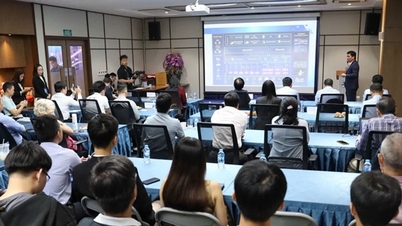

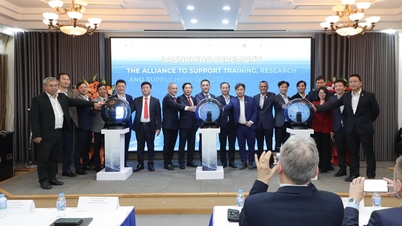

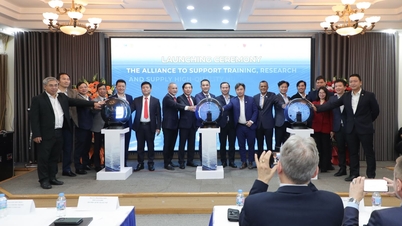


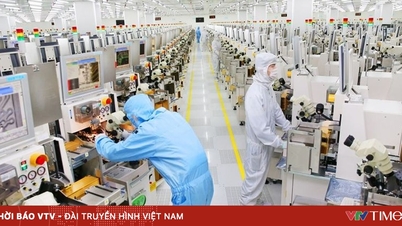



































































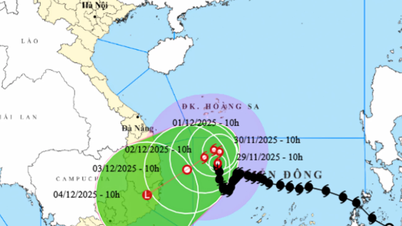



















Comment (0)